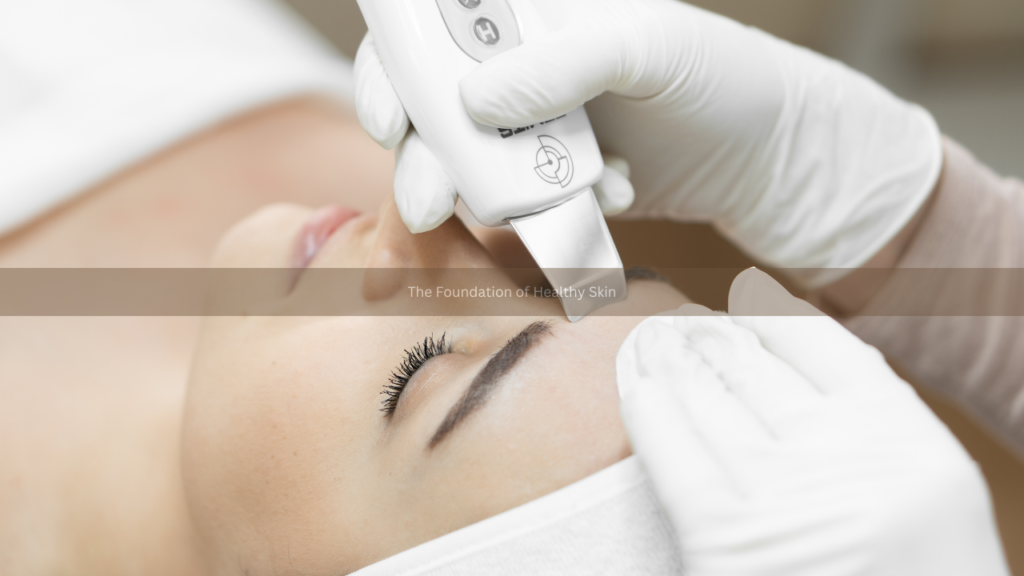
Our skin is often seen as a reflection of our overall health. While external skincare routines like cleansing, moisturizing, and sun protection are vital, what you ingest can have an equally significant impact on your skin’s health and appearance. The phrase “you are what you eat” holds true when it comes to skin care, as the nutrients we consume directly influence the condition of our skin. Understanding the connection between diet and complexion can help you make informed choices that support healthier, more radiant skin.
The Role of Antioxidants
Antioxidants are essential for skin health because they combat oxidative stress, a major contributor to skin aging. Oxidative stress occurs when there’s an imbalance between free radicals (unstable molecules that damage cells) and the body’s ability to neutralize them. Antioxidants, found in colorful fruits and vegetables like berries, spinach, and carrots, help neutralize free radicals, preventing them from causing premature aging and damage to your skin.
Vitamin C, in particular, is a powerful antioxidant that promotes collagen production—a protein that keeps your skin firm and youthful. Citrus fruits, strawberries, and bell peppers are excellent sources of Vitamin C. Including these foods in your diet can lead to a smoother, more supple complexion over time.
Healthy Fats for Hydration
Healthy fats, such as omega-3 fatty acids, are crucial for maintaining the skin’s lipid barrier, which helps retain moisture and keep skin hydrated. A well-hydrated complexion appears plumper, smoother, and more radiant. Omega-3s also have anti-inflammatory properties, which can reduce redness and irritation in conditions like acne and rosacea.
You can find omega-3 fatty acids in fatty fish like salmon, walnuts, flaxseeds, and chia seeds. Incorporating these foods into your diet ensures that your skin stays hydrated and resilient against environmental stressors.
The Impact of Sugar and High-Glycemic Foods
Not all foods benefit the skin, and some can have a detrimental effect. Diets high in sugar and refined carbohydrates can lead to an increase in insulin levels, which may trigger inflammation and the production of excess sebum (oil). This combination can exacerbate skin conditions like acne. High-glycemic foods, which rapidly raise blood sugar levels, are particularly problematic. These include white bread, sugary snacks, and soft drinks.
To promote clearer skin, consider reducing your intake of these foods and opting for low-glycemic alternatives like whole grains, vegetables, and legumes. These foods provide steady energy without spiking insulin levels, thereby reducing the likelihood of inflammation and breakouts.
Hydration: The Foundation of Healthy Skin
Water is perhaps the most overlooked aspect of a skin-friendly diet. Staying hydrated is essential for maintaining skin elasticity and preventing dryness. When you’re dehydrated, your skin can appear dull, and fine lines become more pronounced. Drinking enough water also helps flush out toxins, which can otherwise contribute to skin issues.
In addition to drinking water, eating water-rich fruits and vegetables like cucumbers, watermelon, and oranges can contribute to your overall hydration and, consequently, the health of your skin.
The Bottom Line
What you put into your body is just as important as what you apply to your skin. By focusing on a diet rich in antioxidants, healthy fats, and low-glycemic foods, while staying hydrated, you can nourish your skin from within. This holistic approach not only improves your complexion but also supports your overall well-being. Remember, glowing skin is a sign of a healthy body, and making mindful dietary choices is a powerful way to enhance your skin’s natural beauty.